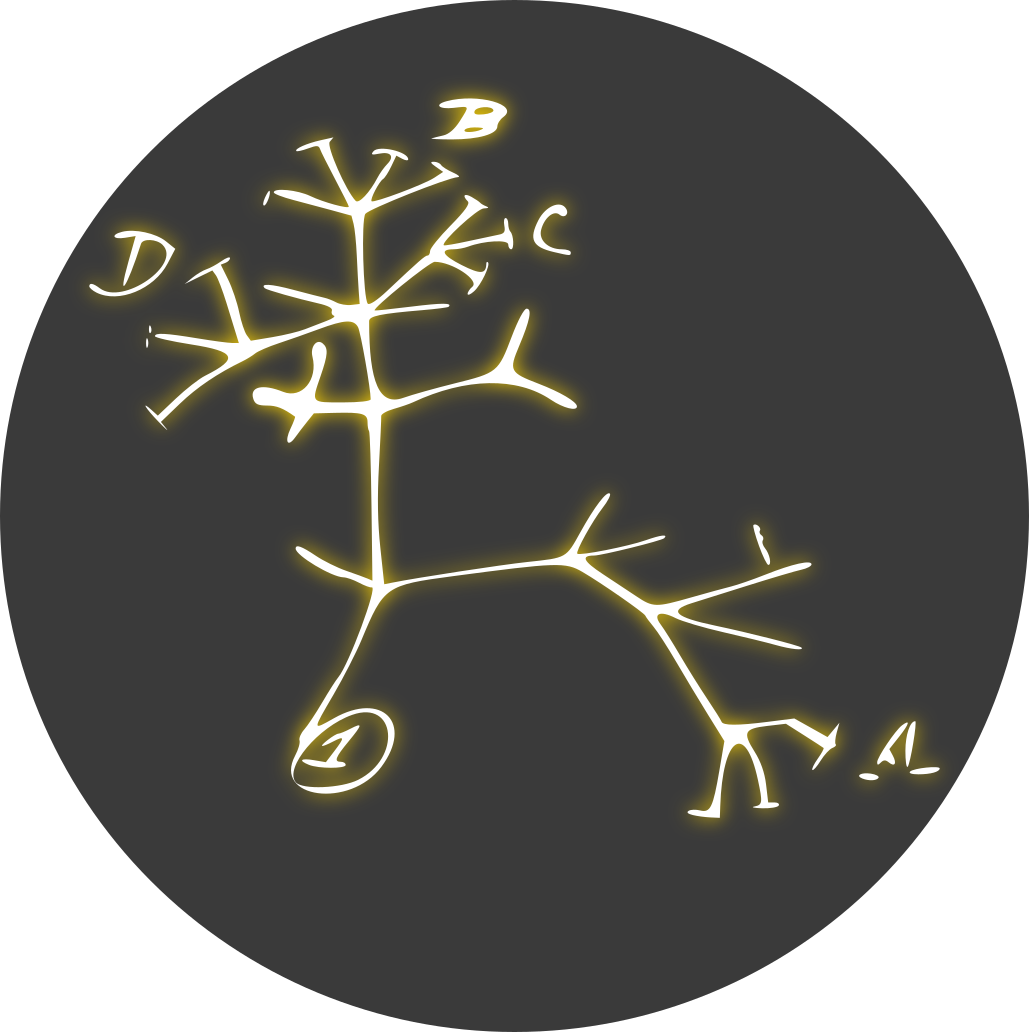- cross-posted to:
- biology
- technology@hexbear.net
- cross-posted to:
- biology
- technology@hexbear.net
A new study has found that evolution is not as unpredictable as previously thought, which could allow scientists to explore which genes could be useful to tackle real-world issues such as antibiotic resistance, disease, and climate change.
The study, which is published in the Proceedings of the National Academy of Sciences (PNAS), challenges the long-standing belief about the unpredictability of evolution and has found that the evolutionary trajectory of a genome may be influenced by its evolutionary history, rather than determined by numerous factors and historical accidents.



This is not what I said. I said that, according to David Harvey, Darwin based his theory of evolution on the writings of Malthus. I’m saying that I believe that this has flawed the theory, as it is based partially on a flawed premise. It doesn’t make the theory completely unusable, a good, incomplete, flawed theory can still make correct predictions. but in certain circumstances the inherent logic, the way it handles certain questions, it will produce flawed conclusions. This is true for every system of formal logic, it is an inherent contradiction of all logical systems (epistemic crisis and incompleteness.) But to varying degrees, and to what extent, and how it produces these flawed conclusions is important to consider.
The best example I can think of while sitting in my car about to go unload groceries is gynecology. Does it effectively diagnose or treat disease and abnormalities? Yes. Do we have a good enough mastery of human reproduction to alter the likelihood of pregnancy? Also yes. The science is sound. But the practice of gynecology is often needlessly, senselessly painful, almost cruel, even when practiced by conscientious caring doctors. Why? It’s because the founder of gynecology made his discoveries by torturing and experimenting on living slave women, without anesthetics, and many parts of that tradition persist. Because they haven’t been readdressed or reconsidered. And maybe because it serves some other social purpose as well.
Science often fails as a form of critique and self discovery. So I’m just out here asking questions to improve my own understanding. I’m a little skeptical of your use of the term “scientifically sound.” Especially coming from a fellow hexbear who should know about bourgeois scientism.
I see better where your questions are coming from, thank you. I think the fundamental answer to your question then is that while Darwin was inspired by the writings for Malthus, it would be a strong exaggeration to state that it is based on Malthus theory. More precisely, Darwin used the concepts of exponential growth (though he might not have used that term) and ressource limitations, but applied it to wild populations and concluded very different things from Malthus. Basically, the idea is that ressource limitations would exacerbate the differential reproduction between individuals due to their characteristics (which leads to Natural Selection).
Thus, you can perfectly reject the conclusions of Malthus, especially the political side of what he wrote about Human societies, and conserve the Theory of Evolution.
Darwin was clearly a product of the Victorian high society, and this would have influenced quite a lot its way of thinking and the way he framed the theory (this is well-documented), but it does not mean that the theory itself is politically loaded nowadays. It’s been quite refined beyond the writings of Darwin, including by people clearly from the left side of the political board (e.g. Haldane).
Thanks for your input! I’ll see what I can find on Haldane, that seems like a good place to continue for me
Jesus Christ of course it’s always something like this, oh we’ve got to test the birth control pill by dumping it into the water of a colonized population!
Had no idea though